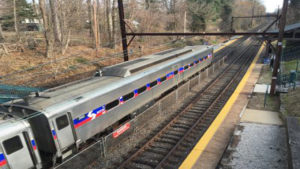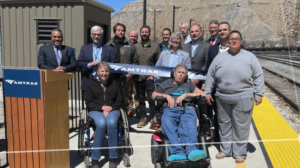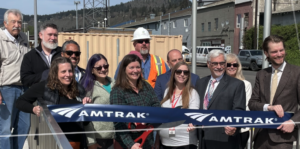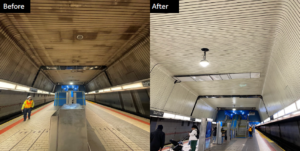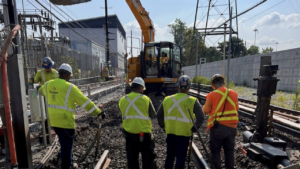Sound Transit board approves $1.1 billion 2014 budget
Written by Jenifer Nunez, assistant editorThe Sound Transit Board approved a $1.1-billion 2014 budget that continues major light-rail expansions, carries more than 31 million riders next year and continues work to update the regional transit Long-Range Plan. The overall budget is relatively unchanged from 2013.
“Once again, 2014 will be a busy year for Sound Transit as it plans and builds for the future and keeps us moving today,” said Sound Transit Board Chair and Pierce County Executive Pat McCarthy.
The budget has four major themes for the coming year: deliver capital projects on time and within budget; increase ridership; continuously improve business practices and update the regional transit Long-Range Plan.
The 2014 budget includes funding for several major projects, including the start of tunnel work on the Northgate Link Extension; continued construction on the Tukwila Sounder Station and the South 200th extension to the Angle Lake light-rail station; continued construction on U-Link stations in preparation for the launch of service in 2016 and final design and right-of-way acquisition for the East Link Extension between Seattle and Redmond.
The major light-rail capital and planning investments in 2014 include $146.9 million for University Link construction; $141.1 million for East Link final design; $138.6 million for Northgate Link Extension tunnel mining and start of station construction; $31.2 million to continue project development for light-rail extensions south from South 200th Street to Federal Way and north from Northgate to Lynnwood; $21.8 million to finish construction of the First Hill Streetcar in Seattle and $2.7 million for continued alternative analysis and community engagement for Tacoma Link expansion options.
The budget includes $221 million for service delivery to carry an expected 31.2 million riders on Sound Transit trains and buses. The service delivery budget includes costs for operations and vehicle maintenance provided primarily through contracts with transit agency partners.
In 2014, Sound Transit will also continue the process it began in 2010 to realign plans for delivering Sound Transit 2 projects and services that voters approved in 2008 with current revenue forecasts following the impact of the national recession. With sales tax revenues still not recovered to 2007 levels, revenues through 2023 are now projected to be 29 percent lower than assumed in 2008.

